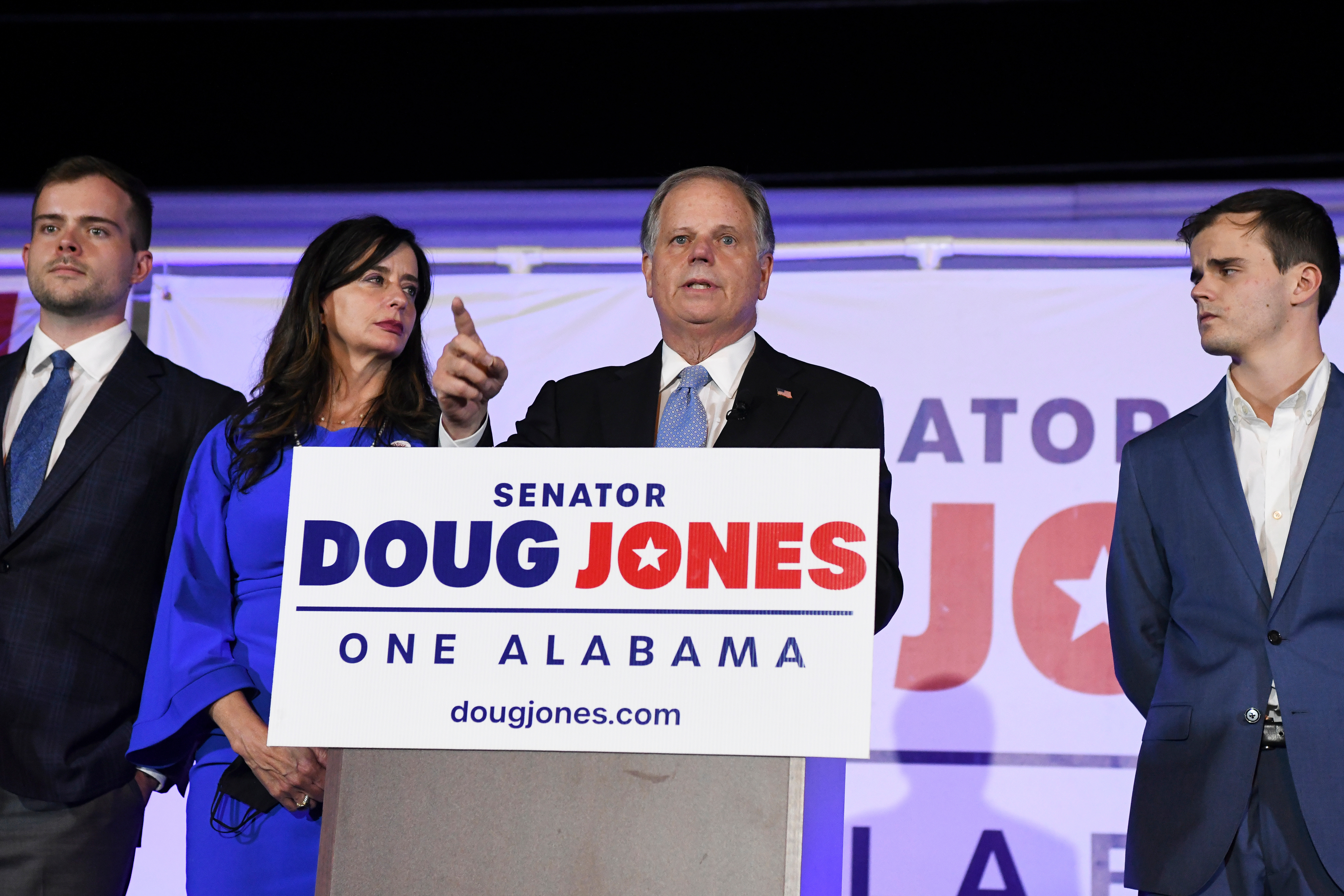Academy apologizes for not adequately supporting Oscar-winning Palestinian director
The Academy of Motion Picture Arts and Sciences issued a statement to its members on Friday apologizing for not adequately expressing its support of the Palestinian Oscar-winning filmmaker Hamdan Ballal.
Ballal, who won this year’s feature-length documentary Academy Award for co-directing the film No Other Land about the difficulties of life under Israeli occupation, said he was attacked on Monday by Israeli settlers. He was then arrested by the Israeli army. Israeli authorities released the director the following day, saying Ballal had been detained for hurling stones. The filmmaker and witnesses deny this accusation.
The Academy’s initial statement in response to the alleged attack, sent out on Wednesday to its roughly 11,000 members, did not include Ballal’s name or the title of his film.
Co-signed by Academy CEO Bill Kramer and President Janet Yang, the Wednesday statement spoke in generalities, such as, “The Academy condemns harming or suppressing artists for their work or their viewpoints,” and, “We believe deeply in the ability of film to illuminate, to provoke thought, and to bridge divides by offering a window into diverse human experiences.”
Kramer and Yang’s updated statement, sent out on Friday and shared by the Academy’s press office on Saturday via email with NPR, was more explicit:
“We regret that we failed to directly acknowledge Mr. Ballal and the film by name,” it said. “We sincerely apologize to Mr. Ballal and all artists who felt unsupported by our previous statement and want to make it clear that the Academy condemns violence of this kind anywhere in the world.”
The apology appeared after a wave of online protests against the Academy — first for not responding to Ballal’s attack, and then for not responding adequately to it.
“Sadly, the US Academy, which awarded us an Oscar three weeks ago, declined to publicly support Hamdan Ballal while he was beaten and tortured by Israeli soldiers and settlers,” wrote No Other Land co-director Yuval Abraham on X on Wednesday, before Kramer and Yang released their first statement.
“Several US Academy members — especially in the documentary branch — pushed for a statement, but it was ultimately refused. We were told that because other Palestinians were beaten up in the settler attack, it could be considered unrelated to the film, so they felt no need to respond,” Abraham wrote.
After Kramer and Yang’s initial statement was issued, a large group of Academy members launched a letter of protest on Friday against it. Among the signatories, which had exceeded 800 in number at the time of writing, are Hollywood A-listers including Pedro Pascal, Joaquin Phoenix, Olivia Colman, Steve Buscemi and America Ferrera.
“The statement by Bill Kramer and Janet Yang fell far short of the sentiments this moment calls for,” the protest letter states above the signatures. “Therefore we are issuing our own statement, which speaks for the undersigned members of The Academy of Motion Picture Arts and Sciences.”
In an email on Saturday, the Academy told NPR its updated apology naming Ballal and his film was already in the works prior to the much-signed protest petition, but that the 55-member board needed to convene before it could be released, requiring additional time.
The incident involving Ballal highlights the ongoing outbursts of violence in the West Bank. Attacks on Palestinians have escalated since the start of the war between Israel and Hamas in Gaza in October 2023.
Auburn tabs USF’s Alex Golesh as its next coach, replacing Hugh Freeze on the Plains
The 41-year-old Golesh, who was born in Russia and moved to the United State at age 7, is signing a six-year contract that averages more than $7 million annually to replace Hugh Freeze. Freeze was fired in early November after failing to fix Auburn’s offensive issues in three seasons on the Plains.
Alabama Power seeks to delay rate hike for new gas plant amid outcry
The state’s largest utility has proposed delaying the rate increase from its purchase of a $622 million natural gas plant until 2028.
Former U.S. Sen. Doug Jones announces run for Alabama governor
Jones announced his campaign Monday afternoon, hours after filing campaign paperwork with the Secretary of State's Office. His gubernatorial bid could set up a rematch with U.S. Sen. Tommy Tuberville, the Republican who defeated Jones in 2020 and is now running for governor.
Scorching Saturdays: The rising heat threat inside football stadiums
Excessive heat and more frequent medical incidents in Southern college football stadiums could be a warning sign for universities across the country.
The Gulf States Newsroom is hiring an Audio Editor
The Gulf States Newsroom is hiring an Audio Editor to join our award-winning team covering important regional stories across Mississippi, Alabama and Louisiana.
Judge orders new Alabama Senate map after ruling found racial gerrymandering
U.S. District Judge Anna Manasco, appointed by President Donald Trump during his first term, issued the ruling Monday putting a new court-selected map in place for the 2026 and 2030 elections.









